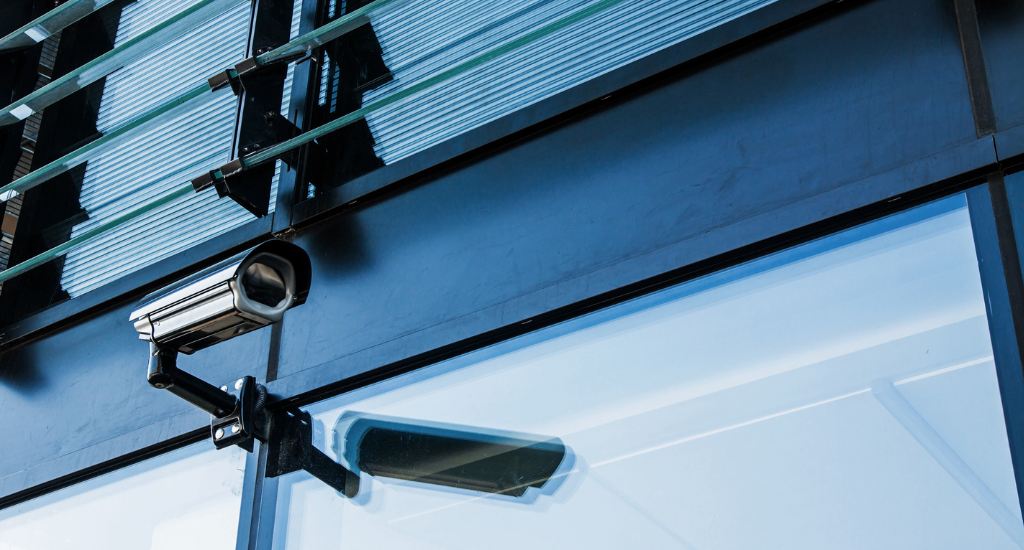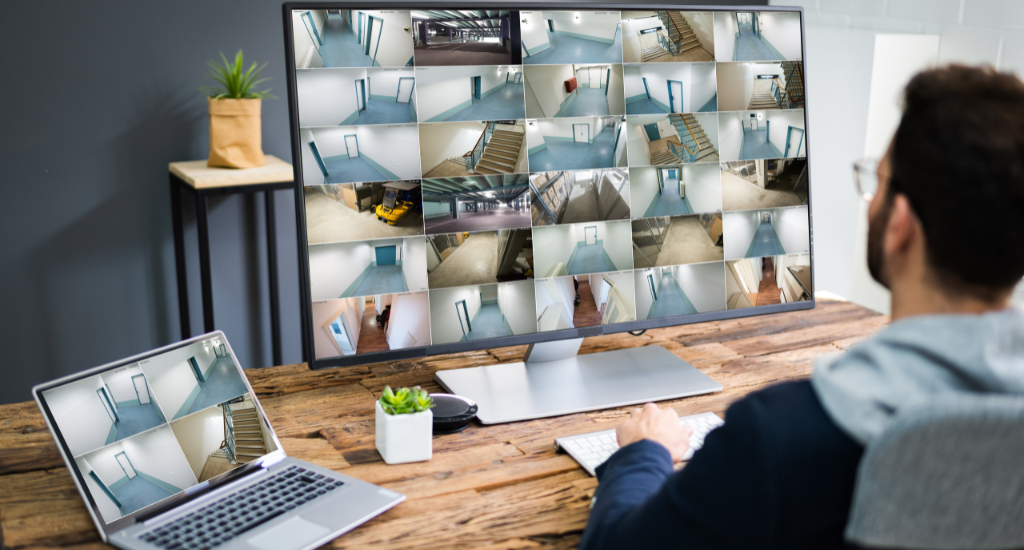In today’s fast-paced and increasingly digital world, the security of our homes, businesses, and public spaces has become a top priority. Closed-Circuit Television (CCTV) security systems have emerged as one of the most effective tools to deter potential threats and monitor activities in real-time. However, simply installing CCTV cameras is not enough; regular maintenance is crucial to ensure their optimal performance and reliability.
In this article, we will explore eight essential tips for maintaining your CCTV security system, enhancing its longevity and effectiveness in safeguarding your surroundings.
1. Regular Inspection and Cleaning
A CCTV security system’s effectiveness heavily relies on the clarity and visibility of its cameras. Over time, dust, dirt, and debris can accumulate on camera lenses, hindering their performance. Therefore, it is essential to conduct regular inspections and cleanings. Start by visually inspecting each camera for physical damage or misalignment. Check for any signs of wear or loose connections.
To clean the cameras, use a soft, lint-free cloth and a gentle cleaning solution. Avoid using harsh chemicals that may damage the lens coating. Clean the lenses and camera housing carefully, ensuring there are no smudges or residues left behind. Regular cleaning will significantly improve the image quality and enhance the system’s overall efficiency.
2. Upgrading Firmware and Software
CCTV cameras and recorders often come with firmware and software updates to address bugs, security vulnerabilities, and improve functionality. Keeping your system up-to-date with the latest versions is crucial for ensuring optimal performance and protection against potential cyber threats. Check the manufacturer’s website or the system’s user interface regularly for available updates, and follow their instructions for the upgrade process.
3. Ensuring Proper Power Supply
A reliable power supply is fundamental to maintaining your CCTV security system’s functionality. Check all power cables and connections to ensure they are securely plugged in and undamaged. Power surges or fluctuations can cause significant damage to the system, so consider using surge protectors or uninterruptible power supply (UPS) units to safeguard your equipment. Additionally, installing a backup power solution can ensure continuous surveillance even during power outages.
4. Reviewing Recording and Storage Settings
Recording and storage settings are critical aspects of your CCTV security system. By adjusting these settings, you can optimize storage usage and ensure relevant footage is available when needed. Evaluate your recording settings based on your specific requirements. For instance, lowering the resolution or reducing frame rates can save storage space without compromising essential details.
Implementing a retention policy is also vital. Decide how long you need to retain footage before it is automatically overwritten. This helps prevent the system from becoming cluttered with unnecessary data. Moreover, consider whether cloud storage or local storage is a better fit for your needs. Cloud storage offers off-site backup and easy access to footage, while local storage provides greater control over data management.
5. Securing and Protecting System Components
Ensuring the physical security of your CCTV system components is equally important. Place cameras at strategic locations that are out of reach and not easily tampered with. Use protective covers or housings to shield cameras from extreme weather conditions and potential vandalism.
Implement access controls and strong passwords to protect your system from unauthorized access. Change default passwords immediately upon installation and avoid using easily guessable combinations. Regularly update passwords and restrict access to only essential personnel.
6. Monitoring and Testing the System
Active monitoring and periodic testing play a significant role in maintaining your CCTV security system’s efficiency. Set up a regular monitoring routine to check camera feeds and ensure that the cameras are capturing the intended areas effectively. Consider integrating motion detection features, which can help reduce storage usage by recording only when movement is detected.
Conducting routine tests is essential to identify any potential issues or malfunctions. Check camera angles, focus, and coverage regularly. Perform trial recordings to ensure the cameras are functioning correctly and the footage is clear and usable.
7. Addressing Environmental Factors
Environmental factors can significantly impact the performance of your CCTV security system. Exposure to harsh weather conditions, extreme temperatures, or excessive lighting can affect camera functionality. Consider investing in weather-resistant cameras for outdoor installations.
To minimize lighting and glare issues, position cameras away from direct sunlight and install sunshields or camera housings with built-in protection. Conduct a thorough assessment of your surroundings to address any environmental challenges that may affect your system’s performance.
8. Responding to Issues and Malfunctions
Despite all precautionary measures, issues or malfunctions may still arise in your CCTV security system. Promptly address any problems to ensure the system’s continued functionality. Keep a log of reported issues and their resolutions for future reference.
For complex issues, it is best to seek professional assistance from qualified CCTV technicians or your system’s manufacturer support team. Avoid attempting to fix technical problems beyond your expertise, as it may lead to further damage or void warranties.
Protect Your World with a Well-Maintained CCTV Security System

Maintaining your CCTV security system is crucial for its longevity and effectiveness in safeguarding your property and loved ones. By adhering to the eight essential tips outlined in this article, you can ensure your CCTV system remains reliable and robust.
Regular inspections, software updates, proper power supply, storage settings, and environmental considerations will help optimize its performance.
Additionally, by securing and training users appropriately, you will enhance the overall security and surveillance capabilities of your CCTV system, providing you with peace of mind in today’s unpredictable world.

